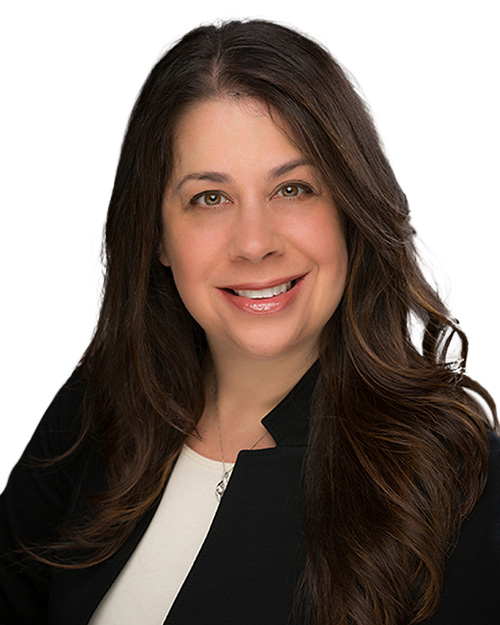Learn how much you can afford before purchasing a home.
It’s easy to fall in love with the beauty of a home or the amenities and trendy location of an apartment or condominium. So easy, in fact, that it may blind you to its cost – a cost that could exceed your budget. Before you start searching for a home or apartment, it’s important to figure out how much you can truly afford to spend.
Do a little math before buying a home
If you’re looking to buy a new home and take on a mortgage, start by reviewing your paycheck. Focus on your gross monthly income – the amount that’s untouched by deductions and taxes – and calculate no more than 30% or 28% of that number. When you opt for the 28% mark, you’ll be following the 28/36 rule, a budgeting tactic favored by financial experts for aspiring homeowners.
The 28/36 rule specifies that in order for a home to be within your budget, your housing expenses (such as mortgage payments, taxes, and insurance) shouldn’t exceed 28% of your gross monthly income. Your total debt (including credit cards, student loans, and car loan payments) shouldn’t exceed 36% of your gross monthly income.
 |
Bridget Campbell (NMLS #481581), CMB, Regional Residential Mortgage Sales Manager at Five Star Bank, says, “How much someone can truly afford is a very individual question. While the 28% to housing and 36% to debt ratios have been standard for at least the last 30 years, much has changed regarding spending habits and living costs. As costs continue to rise, more people are taking on multiple jobs just to make ends meet. This is becoming more of the norm than it once was. Credit card debt has also skyrocketed over the past 30 years, and wages are not keeping up.”
She also recommends that people should aim for that 28/36 ratio, but they often need to help themselves in other ways to achieve it. Bridget suggests, “One way is to start saving much sooner. It’s like speeding down the expressway: by the time you see the police car, it's too late to slow down — the officer already knows you were speeding. Waiting until you decide to buy a home is too late in the process; you need to start saving at least a year or more in advance. This will help you build a larger down payment, which will help keep you within the 28/36 ratios.” |
Another thing to consider is your debt load. Often times, it is more beneficial to pay off some debt rather than put that money toward the down payment. Again, this will help them stay within that 28/36 threshold.
Calculate a little more as a renter
Renters should increase their percentage goal by 2 points, targeting 30% of your gross income. For renters, that 30% includes rent and utility costs like heat, water, and electricity. That means if you earn $75,000 a year before taxes, you should spend no more than $1,875 a month on housing.
The reason for this percentage is to ensure you don’t spend all your funds on your mortgage or rent payment. This guideline leaves enough money to cover essential items such as transportation and food. Although this is a common and recommended practice, keep in mind that where you live may alter the equation.
If you live in an affordable area, for example, you shouldn’t pass up an apartment renting for $500 per month just because it’s only 18% of your income. On the flip side, sticking to spending 30% on rent isn’t always feasible in a place like Hoboken or San Francisco, where median rents top $2,000 per month for a one-bedroom apartment.
Another method for working out your housing finances is the 50/30/20 budget guide. In this breakdown, you’d work with what you take home each month after taxes. Allocate 20% to debts and savings while 30% is for discretionary spending. Your needs, including food, insurance, minimum debt payments, and, of course, rent, would take up the remaining 50%.
If your numbers aren’t adding up or you’re having trouble working out your finances, consider seeking advice from a real estate professional who can guide you to a more affordable market, or reach out to a Five Star Bank mortgage expert today.
Serving the communities of Western New York.
Find your local Five Star Bank offices.


